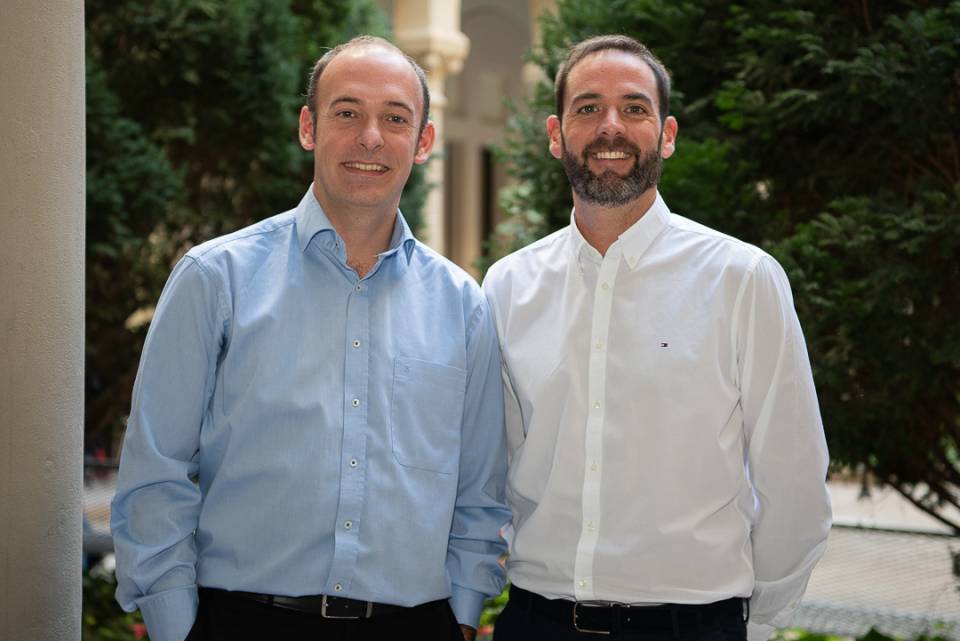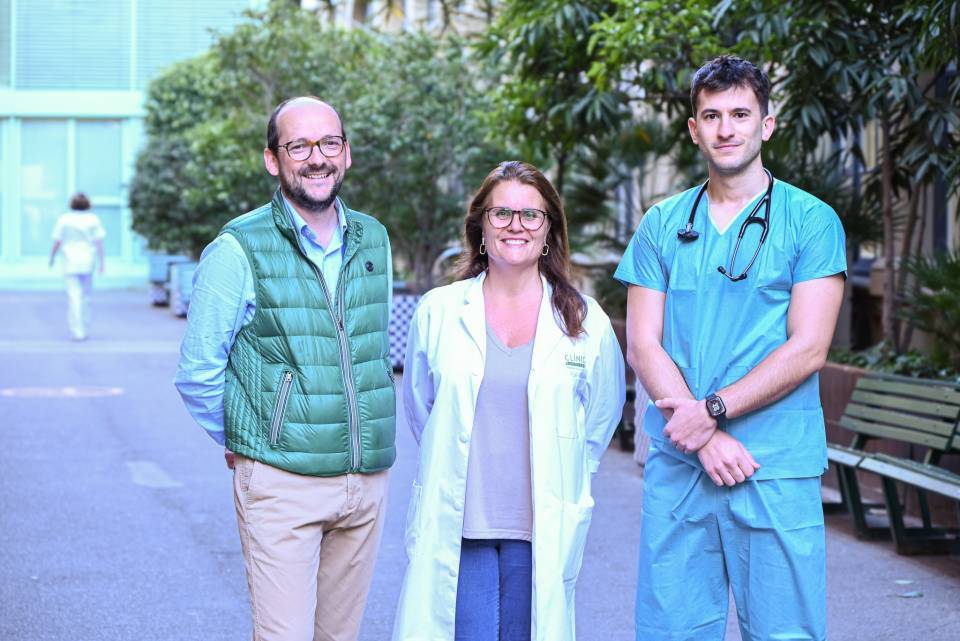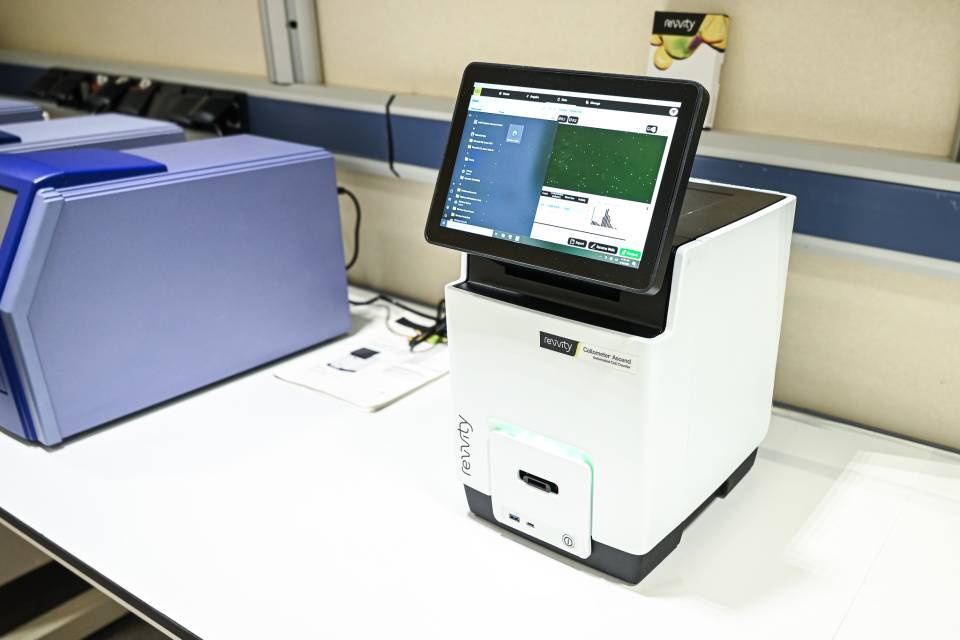The results suggest that patients with this profile may avoid chemotherapy. In the study have participated 106 patients from 21 hospitals in Spain.
Drugs that inhibit CDK4/6 such as ribociclib, in combination with endocrine therapy (letrozole), have demonstrated extraordinary efficacy in metastatic breast cancer. In this context, the use of chemotherapy is not the first option anymore and its use is restricted to those cases where the treatment fails. In contrast, in patients with early breast cancer and high risk of relapse, the role of these biological drugs is not yet defined. Dr. Aleix Prat, Head of the Medical Oncology Service at Hospital Clínic of Barcelona, president of SOLTI and co-principal investigator of CORALLEEN, comments: “The numerous studies currently under way in early disease are testing these drugs as an added complement to chemotherapy. However, none is considering using them to replace chemotherapy. Based on this, CORALLEEN was designed.”
During the plenary session of the annual San Antonio Breast Cancer Symposium in Texas, USA, with more than eight thousand attendees, Dr. Joaquín Gavilá, Clinical Chief of the Valencian Oncology Institute Foundation, member of SOLTI’s Governing Board and also co-principal investigator of the study, presented the results of CORALLEEN: “We really did not know the potential of these drugs to de-escalate neoadjuvant chemotherapy. This trial reveals for the first time that it is a field worth exploring and points to how it should be done.”
Importantly, in addition to answering a key clinical question, CORALLEEN is the first study in the world to use real-time genomic data to more accurately select patients with high-risk tumors. Specifically, the PAM50/Prosigna® genomic test was used to select tumors with the Luminal B profile, which represents 30% of breast cancers that express hormonal receptors. In addition, the study was the first to integrate clinical, pathological and genomic data to measure the treatment response and show that in about half of the patients the treatment with ribociclib and letrozole administered for 6 months turns tumors at a high risk of recurrence into low-risk neoplasms.
Regarding this point, Dr. Prat, who leads the Translational genomics and targeted therapies in solid tumors group at IDIBAPS, where all translational analysis was performed, comments: “SOLTI is characterized by designing innovative clinical trials of high complexity and very informative. CORALLEEN is an example of innovation available to few academic groups. It is important to note that we used a genomic test to select patients and assign a treatment. In addition, we decided to implement all current molecular knowledge to measure therapeutic efficacy in a much more precise way than conventional criteria. In a few years, we believe this strategy will be integrated into daily clinical practice.”
After these promising results, SOLTI already plans an upcoming study. In this regard, Dr. Gavilá adds: “Our data suggest that ribociclib with letrozole might be an alternative to chemotherapy for high-risk patients and, to further test this hypothesis, we have designed a second study with a much larger number of patients that we hope to start in 2020 once we get the necessary funding.”
CORALLEEN is an academic clinical trial promoted by SOLTI with funding from NOVARTIS and with the support of the Breast Cancer Research Foundation.
Article reference:
Aleix Prat, Cristina Saura, Tomás Pascual, Cristina Hernando, Montserrat Muñoz, Laia Paré, Blanca González Farré, Pedro L Fernández, Patricia Galván, Núria Chic, Xavier González Farré, Mafalda Oliveira, Miguel Gil-Gil, Miriam Arumi, Neus Ferrer, Alvaro Montaño, Yann Izarzugaza, Antonio Llombart-Cussac, Raquel Bratos, Santiago González Santiago, Eduardo Martínez, Sergio Hoyos, Beatriz Rojas, Juan Antonio Virizuela, Vanesa Ortega, Rafael López, Pamela Céliz, Eva Ciruelos, Patricia Villagrasa, Joaquín Gavilá
Published: December 11, 2019 DOI:https://doi.org/10.1016/S1470-2045(19)30786-7




